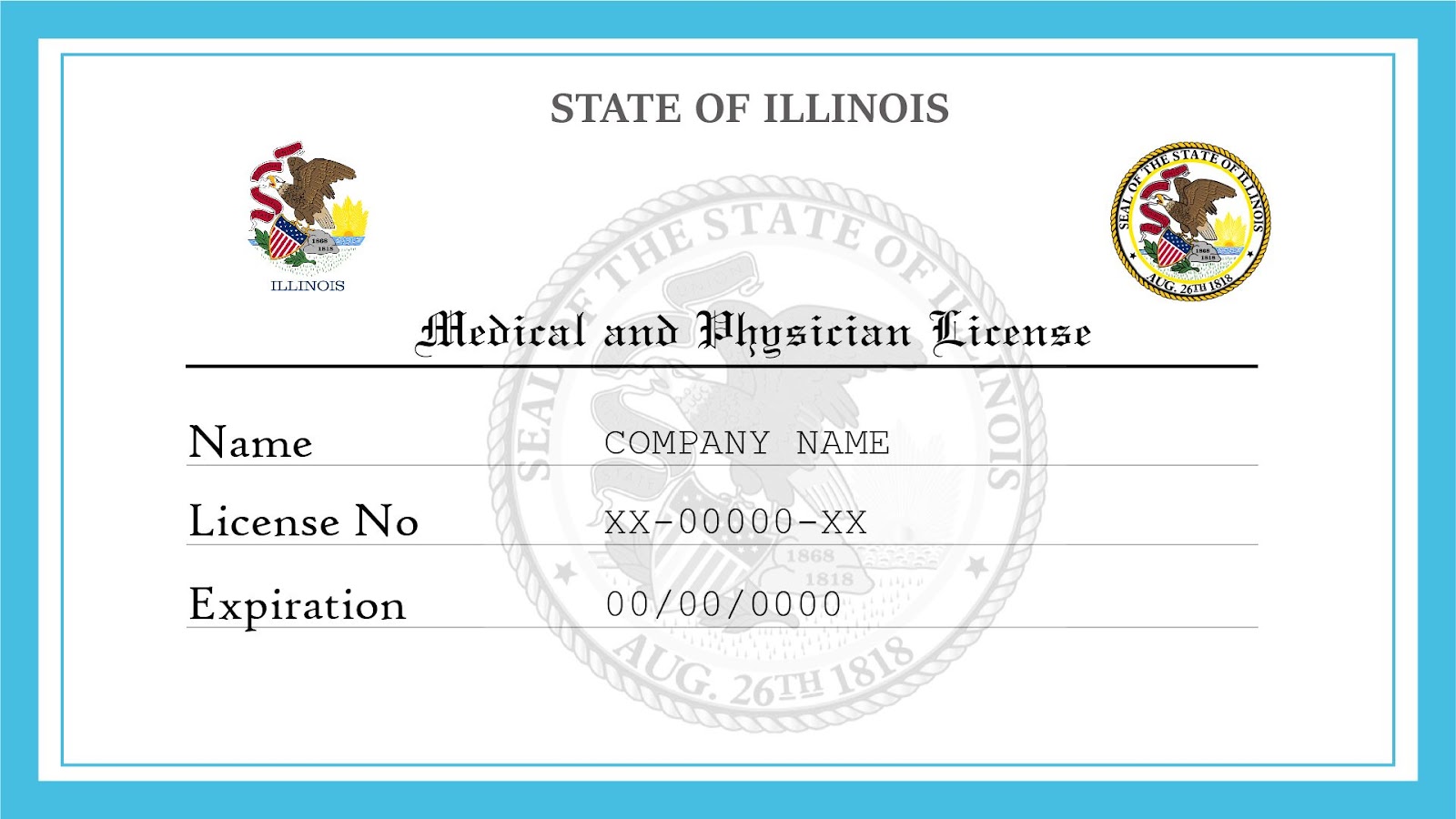Becoming a Physician Assistant in Georgia
In the healthcare ecosystem of Georgia, Physician Assistants (PAs) hold a pivotal position, effectively filling the critical space between nurses and physicians. They deliver exemplary care to the community, ensuring health services are both high-quality and economically viable. Governed by the Georgia Composite Medical Board, these professionals boasted an impressive average income of $92,150 in 2012, outpacing the earnings of numerous counterparts in the healthcare sector. For those aspiring to embrace this rewarding career in Georgia, the journey involves several key steps:
- Fulfill the prerequisites for accredited PA programs to qualify for licensure in Georgia;
- Successfully complete the Physician Assistant National Certifying Exam (PANCE);
- Submit an application for licensure to the Georgia Composite Medical Board;
- Continuously renew and maintain your PA licensure.
Gaining knowledge on how to pursue a career as a Physician Assistant in Georgia can be enlightening. Additionally, you might find it interesting to compare this with the salary trends and opportunities for physician assistants in Florida.
Step 1: Georgia PA Program Accreditation
In order to commence the path toward obtaining a Physician Assistant (PA) degree, individuals should give top priority to selecting an accredited program that fulfills all required criteria. In Georgia, the Composite Medical Board stipulates that candidates must fulfill specific requirements for licensure, including the completion of a PA program lasting a minimum of two years, with significant clinical exposure. Furthermore, it is crucial that this program is acknowledged and accredited by the Accreditation Review Commission on Education for the Physician Assistant (ARC-PA).
Entry into PA degree programs typically demands completion of advanced coursework in biology and chemistry, alongside achieving satisfactory scores on the Graduate Record Examination. Given that PA programs are of graduate-level intensity, aspirants are required to hold a bachelor’s degree in any discipline. This degree should ideally cover essential PA program prerequisites, including:
- Biology;
- Medical Assisting;
- Chemistry;
- Nursing;
- Public Health.
Step 2: Pass the Physician Assistant National Certifying Exam

The PANCE, administered by the National Commission on Certification of Physician Assistants (NCCPA), is a comprehensive five-hour examination comprising 300 multiple-choice questions. Candidates must pay a registration fee of $475 and can register online up to 90 days prior to graduating from their PA program. Upon passing the PANCE, candidates will receive their scores via mail, which they must then include in their state license application. The exam covers various topics, including:
- Musculoskeletal system;
- Clinical intervention;
- Pulmonary system;
- Formulating most-likely diagnosis;
- Cardiovascular system.
Step 3: Apply for PA License in Georgia
Physician Assistants enjoy the liberty to submit their applications to the Georgia Composite Medical Board at their convenience, as there are no strict deadlines. Monthly meetings are convened by the board to assess new applicants, typically taking place during the initial week of the month with consecutive Thursdays and Fridays. This ensures a regular and consistent review process for applicants throughout the year. The application procedure encompasses the following steps:
- A $300 application fee;
- Physician Assistant Application form (with a section for completion by the primary supervising physician);
- Two references from licensed physicians;
- Updated resume;
- Self-queried and sealed report from the National Practitioner Data Bank/Healthcare Integrity and Protection Data Bank;
- A basic Physician Assistant job description, signed by both the PA and supervising physician.
Applicants must also provide proof of:
- Legal eligibility to work in the United States;
- Completion of an approved PA degree program (to be sent directly to the board by the educational institution).
Step 4: Keep PA Certification Current

Physician Assistants must adhere to specific guidelines to maintain their PA qualifications. Their certification lapses every two years, coinciding with the last day of their birth month. To start the renewal process, they are obligated to complete at least 40 hours of ongoing medical training in each renewal period, with the exception of their initial renewal. After fulfilling this training prerequisite, they are eligible to apply for license renewal by providing the required application and payment to the Georgia Composite Medical Board. This process guarantees the ongoing professional growth and proficiency of Physician Assistants in their practice.
Additionally, as PAs build their practice, they can enhance their networking and reputation by joining professional organizations such as:
- Georgia Association of Physician Assistants;
- Georgia Dermatology Physician Assistants;
- University and State Professional Boards.
Conclusion
Embarking on the path to becoming a Physician Assistant in Georgia demands thorough education and intensive training. While the journey is demanding, it offers substantial rewards, as PAs serve as vital contributors to healthcare provision in the state. Not only does it provide an appealing compensation package, but it also offers the fulfillment of positively impacting community health. Following the roadmap outlined should steer any ambitious individual toward this career trajectory. With adequate preparation and unwavering dedication, the pursuit of becoming a physician assistant in Georgia promises to be fulfilling.




